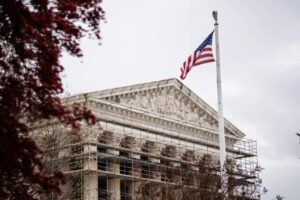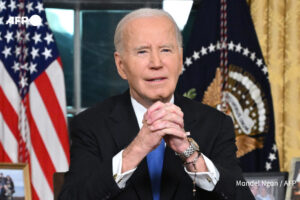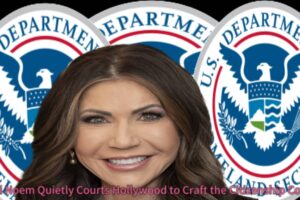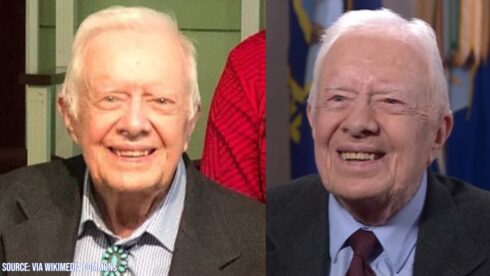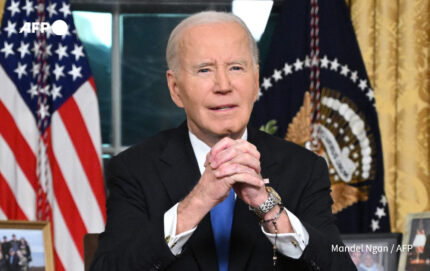Former U.S. President Jimmy Carter, a Nobel Peace Prize recipient and the 39th leader of the United States, has passed away at the age of 100. The Carter Center announced that he died peacefully at his home in Plains, Georgia, surrounded by his devoted family. His remarkable century-long life symbolized a tireless commitment to public service, human rights, and global peace, leaving an indelible mark on history.
Jimmy Carter’s legacy is one of unwavering dedication to justice, equality, and humanitarian efforts. Known for his humility and compassion, he inspired admiration worldwide, transcending political boundaries. Tributes have poured in from global leaders, former U.S. presidents, and citizens alike, celebrating a leader who embodied integrity and a relentless pursuit of a better future for all.
Jimmy Carter’s Humble Beginnings and Path to the Presidency
Born on October 1, 1924, in the small town of Plains, Georgia, James Earl Carter Jr. grew up on a peanut farm, where he learned the values of hard work, integrity, and community. His rural upbringing deeply influenced his character and leadership style, emphasizing humility and service. After graduating from the prestigious U.S. Naval Academy in 1946, Carter served as a naval officer, honing his skills in discipline and problem-solving before returning to Georgia to manage his family’s agricultural business.
Carter’s political journey began in the 1960s, first serving as a Georgia state senator and later as the state’s governor. His rise to national prominence culminated in his victory in the 1976 presidential election, where he campaigned as a political outsider. Running against incumbent Gerald Ford, Carter’s message of transparency, morality, and a commitment to solving the nation’s economic and energy crises resonated with voters eager for change. His grassroots approach and focus on restoring trust in government set the tone for his presidency and cemented his reputation as a leader rooted in integrity.
Jimmy Carter’s Presidential Legacy: A Time of Challenges and Triumphs
Jimmy Carter’s presidency (1977–1981) faced significant challenges, including the Iran Hostage Crisis, soaring inflation, and energy shortages. Despite these obstacles, his administration made historic strides in environmental protection, human rights advocacy, and Middle East peace.
One of Jimmy Carter’s most notable achievements was brokering the Camp David Accords, a peace agreement between Egypt and Israel that remains a cornerstone of U.S. diplomatic history. He also established the Department of Energy and advanced renewable energy initiatives, demonstrating his foresight on environmental issues.
A Post-Presidential Life of Global Impact
After leaving the White House, Jimmy Carter dedicated his life to humanitarian causes. In 1982, he founded The Carter Center, which has worked tirelessly to promote democracy, eradicate diseases, and mediate conflicts worldwide. His efforts contributed to significant progress in global health and peace-building initiatives.
Jimmy Carter’s post-presidency is widely regarded as the most impactful of any former U.S. president. He received the Nobel Peace Prize in 2002 for his efforts to advance peace and address humanitarian challenges, further solidifying his legacy as a global statesman.
The Personal Side of Jimmy Carter: Faith, Family, and Resilience
A devout Christian, Jimmy Carter’s faith was a cornerstone of his life and leadership. He taught Sunday school at his local church well into his later years, inspiring countless individuals with his messages of compassion and service.
Jimmy Carter’s 77-year marriage to Rosalynn Carter was a testament to their deep bond and mutual support. Together, they raised four children and collaborated on numerous philanthropic initiatives, demonstrating a shared commitment to improving the world.
Remembering a Legacy of Peace and Service
Jimmy Carter’s passing leaves a void in the hearts of many, but his legacy endures through the countless lives he touched. His leadership style, marked by humility and empathy, set a standard for ethical governance and global responsibility.
As the world reflects on Jimmy Carter’s life, his words resonate deeply: “My faith demands that I do whatever I can, wherever I can, whenever I can, for as long as I can.” These words encapsulate a life dedicated to service, compassion, and unwavering hope for a better world.



